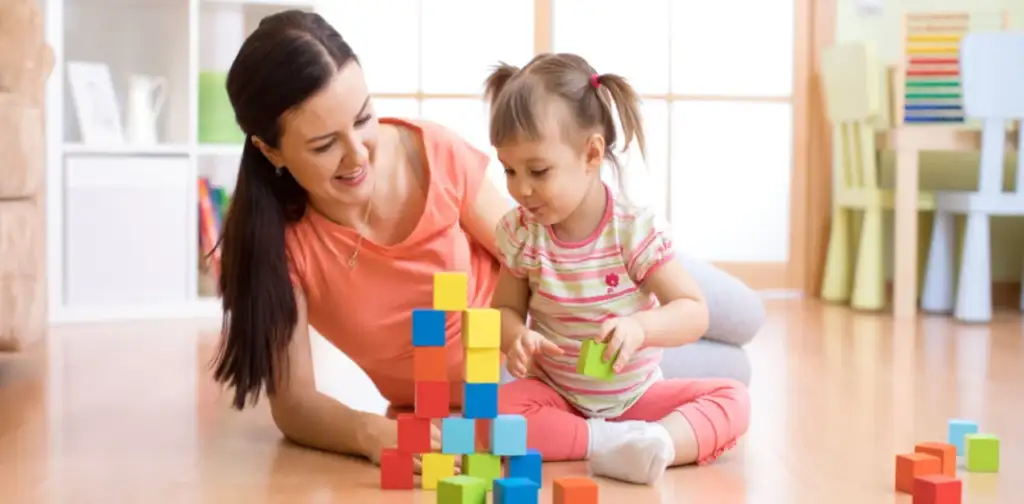Encouraging Curiosity And Exploration In Toddlers


Encouraging Curiosity and Exploration in Toddlers: A Blueprint for Lifelong Learning
The toddler years are a remarkable period characterized by boundless wonder and insatiable curiosity. Within these young minds lies an innate drive for exploration, a thirst for knowledge that fuels their every interaction with the world. It is during this critical stage that parents and caregivers play a pivotal role in nurturing and fostering this curiosity, laying the groundwork for a lifelong love of learning. This article delves into the significance of nurturing toddlers’ curiosity, provides insights into activities that inspire exploration, and offers tips on creating a safe environment conducive to their natural inquisitiveness.
- Understanding the Significance of Curiosity and Exploration a. The Inquisitive Mind of a Toddler: Toddlers possess an innate curiosity that manifests through their endless questions and fascination with their surroundings. This curiosity serves as the driving force behind their exploration and learning experiences. b. Building Blocks of Learning: Curiosity and exploration serve as the fundamental building blocks for a toddler’s cognitive, emotional, and social development. By encouraging these qualities, parents lay the foundation for future learning, problem-solving, and adaptability.
- Strategies for Fostering Curiosity a. Encourage Questions: Foster an environment where questions are celebrated and encouraged. Even if you don’t have all the answers, show appreciation for your toddler’s curiosity and curiosity-driven inquiries. b. Follow Their Interests: Pay attention to your toddler’s interests and passions, and provide resources and experiences that align with their curiosity. Whether it’s animals, nature, or art, nurturing their interests fuels their desire to explore and learn. c. Be a Role Model: Demonstrate your own curiosity and eagerness to learn. Children often mimic their parents’ behaviors and attitudes, making it essential to model curiosity in your own actions. d. Create a Safe Space: Ensure that your home environment is safe and conducive to exploration, allowing your toddler to navigate and discover without constant worry or restriction.
- Activities to Inspire Curiosity a. Nature Walks: Take your toddler on outdoor excursions to explore nature, observe plants and animals, and engage in meaningful discussions about the natural world. b. Creative Play: Provide opportunities for creative expression through art supplies, building blocks, and imaginative playsets, stimulating your toddler’s creativity and problem-solving skills. c. Storytime: Reading together not only fosters a love for books but also encourages curiosity and critical thinking. Choose a variety of books covering different topics to spark discussions and exploration. d. Sensory Exploration: Create sensory bins filled with various textures and materials, allowing your toddler to engage in tactile exploration, stimulating their senses and curiosity.
- Challenges and Benefits a. Overcoming Fear: Encourage your toddler to confront moments of fear and uncertainty with comfort and reassurance. By gently guiding them through challenging situations, you help build their resilience and confidence. b. Benefits of Curiosity: Curious toddlers develop essential skills such as problem-solving, critical thinking, and a love for learning, laying the groundwork for future success and fulfillment.
- Nurturing a Growth Mindset a. Praise Effort, Not Perfection: Foster a growth mindset by praising your toddler’s efforts and persistence rather than focusing solely on outcomes. Encourage them to embrace challenges as opportunities for growth and learning. b. Embrace Mistakes: Teach your toddler that making mistakes is a natural part of the learning process. Encourage them to learn from their errors and approach challenges with resilience and determination.
- Curiosity in Daily Life a. Everyday Questions: Embrace the questions your toddler asks throughout the day, turning everyday moments into valuable learning opportunities. b. Mealtime Exploration: Involve your toddler in meal preparation, introducing them to new foods and engaging them in simple cooking tasks that stimulate their curiosity and creativity.
Encouraging curiosity and exploration in toddlers is not only an investment in their immediate development but also lays the foundation for a lifetime of learning and growth. By fostering an environment that celebrates curiosity and provides ample opportunities for exploration, parents can witness their toddler’s sense of wonder flourish, setting them on a path towards a fulfilling and enriching journey of discovery.



